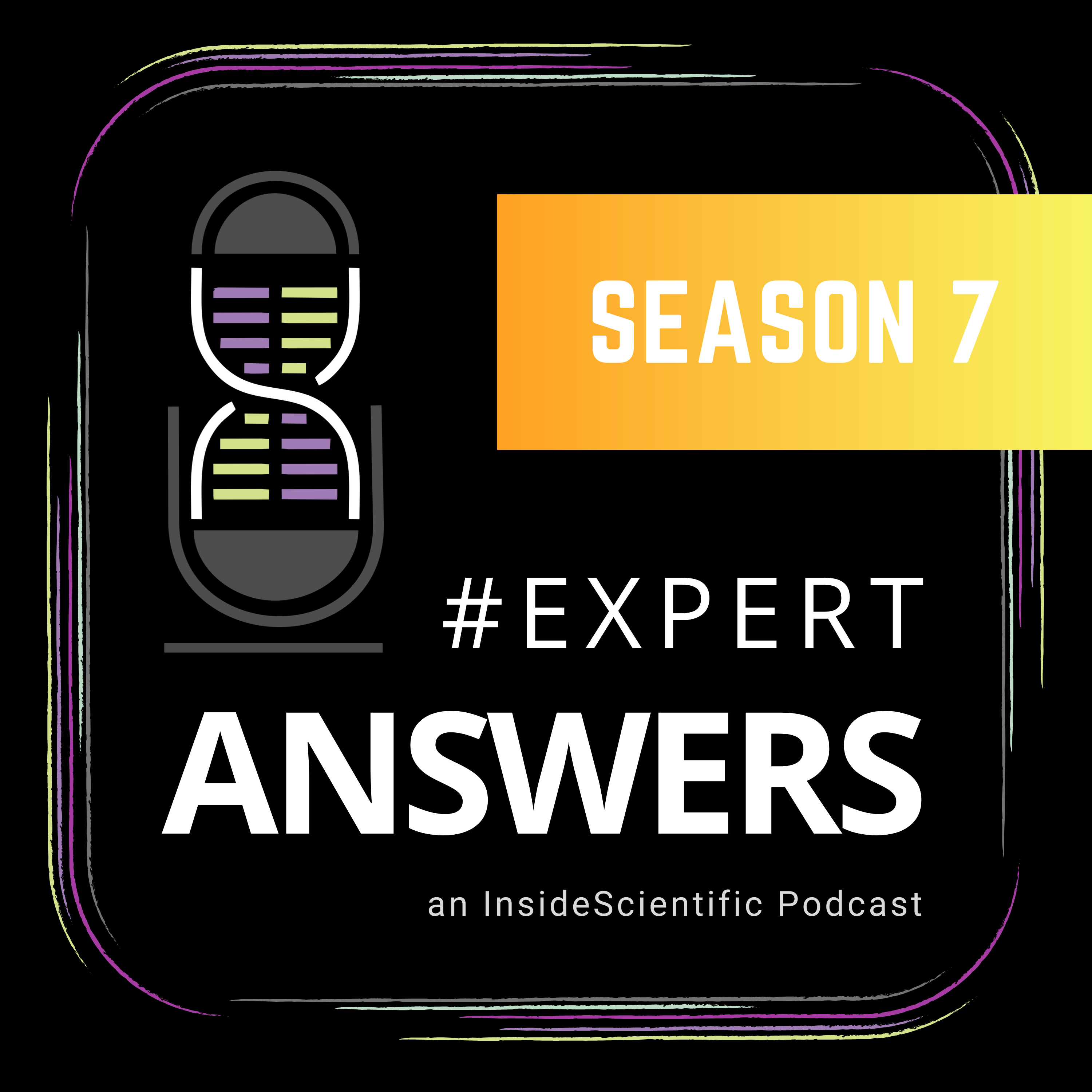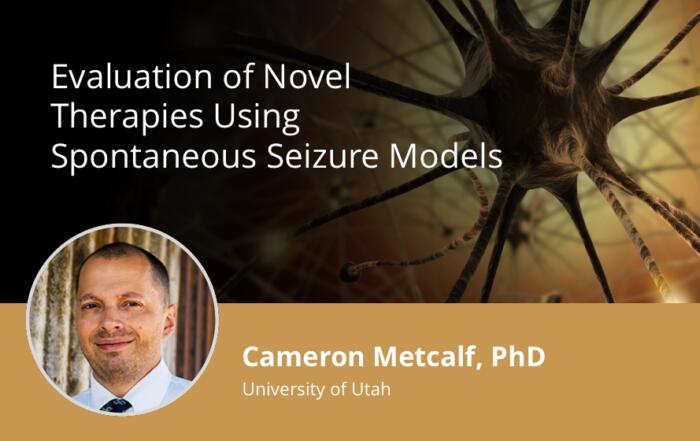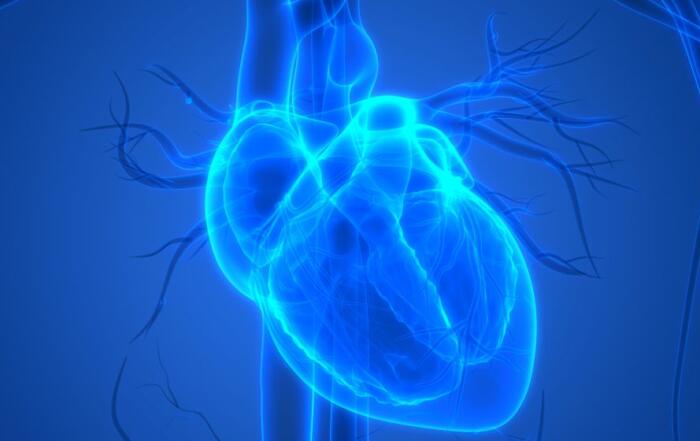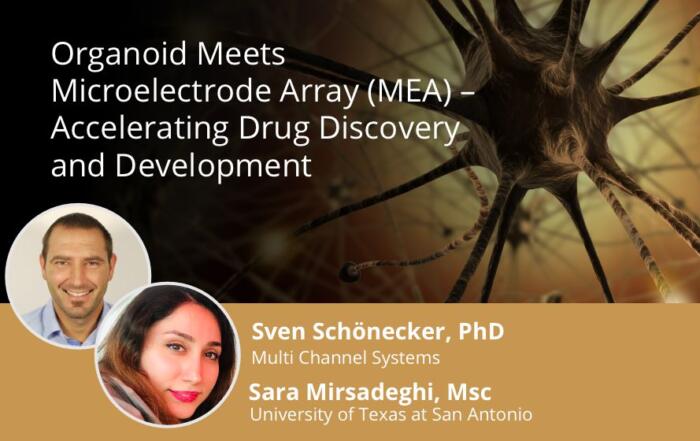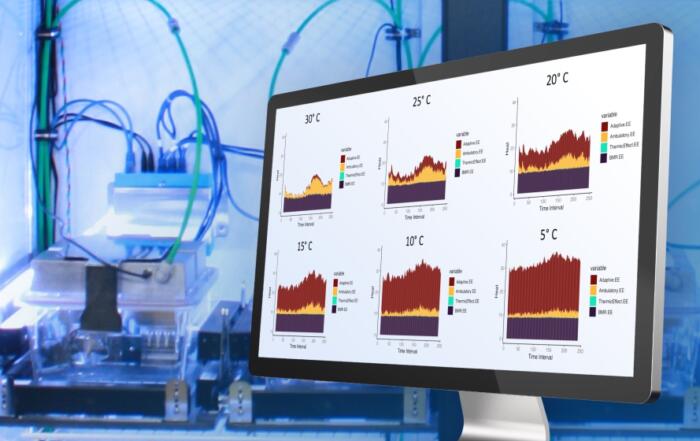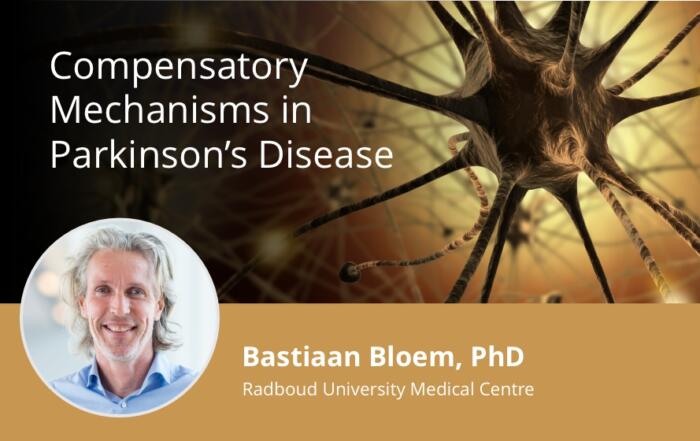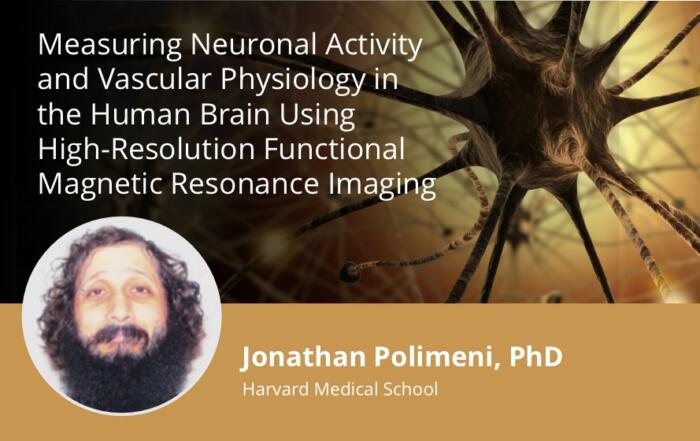Dr. Jackie Limberg discusses the basics of human autonomic research and shares tips & tricks for data collection and analysis during human autonomic testing to improve the accuracy and reliability of your findings.
In this American Physiological Society (APS) webinar produced in partnership with ADInstruments, Jackie Limberg, PhD discusses the basics of human autonomic research as well as some tips and tricks for successful human testing. Implementing key experimental controls and understanding nuances in data collection and analysis during human autonomic testing have important implications for the accuracy and reliability of your findings.
Dr. Limberg introduces the gold standards for measuring both basal and reflex autonomic responses in humans, what equipment is required, and how to minimize variability in your data. The focus of the webinar is on data collection, including recommendations for study design as well as data analysis and interpretation.
Key Topics Include:
- Identify tests appropriate for measuring basal versus reflex autonomic control
- Describe the pros and cons of tests used in human autonomic research
- Create a research setting that is conducive to reliable and accurate human autonomic data
- Select equipment appropriate for the research questions being addressed
- Anticipate and avoid areas that may increase data variability and reduce your ability to interpret results
Click to watch the webinar recording. To view the presentation full screen simply click the square icon located in the bottom-right corner of the video-viewer.
Resources
To retrieve a PDF copy of the presentation, click on the link below the slide player. From this page, click on the “Download” link to retrieve the file.
Presenters
Assistant Professor
Department of Nutrition & Exercise Physiology
University of Missouri
